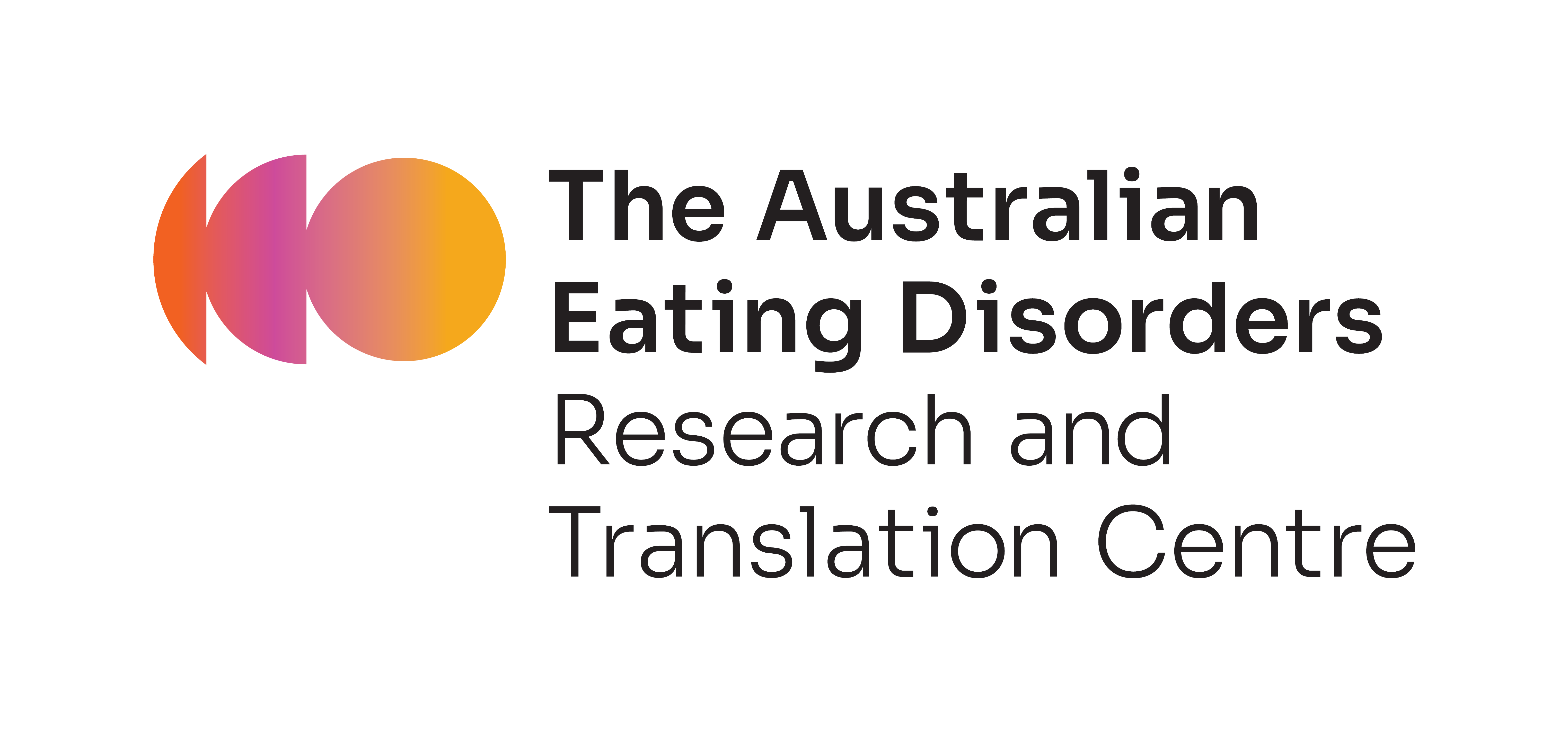Lost in Transition - Understanding the Perspectives of Consumers, Carers, and Clinicians on Transitions from Child and Adolescent to Adult Eating Disorder Services (TraCED)

Ms Sarah Giles
Murdoch Children’s Research Institute, University of Melbourne
Affiliate Authors
Associate Professor Isabel Krug, University of Melbourne;
Mrs Christine Naismith, Eating Disorders Families Australia;
Mrs Caroline Towers, Eating Disorders Families Australia;
Associate Professor Andrea Phillipou, Orygen – The National Centre of Excellence in Youth Mental Health, University of Melbourne, Swinburne University of Technology, St Vincent’s Hospital, Austin Hospital;
Professor Genevieve Pepin, Deakin University;
Anorexia nervosa generally emerges in adolescence and persists into young adulthood. Therefore, effective treatments for Anorexia, must support young people and their families as they transition from child to adult eating disorder treatment.
However, the reality faced by young people with eating disorders is after their 15th or 16th birthday they “age out” of their service, which means they can’t see their regular therapist anymore, they sit waitlists for adult eating disorder services for months, and they lose the benefits of years of treatment.
At the moment we don’t have any guidelines to help young-people and their families manage these difficult transitions to adult-based eating disorder services.
Our study explores the stories of parents, young people, and clinicians to identify barriers and strategies when navigating these transitions. These stories will inform the development of resources to support young people and their families transitioning to adult-based eating disorder treatment.
